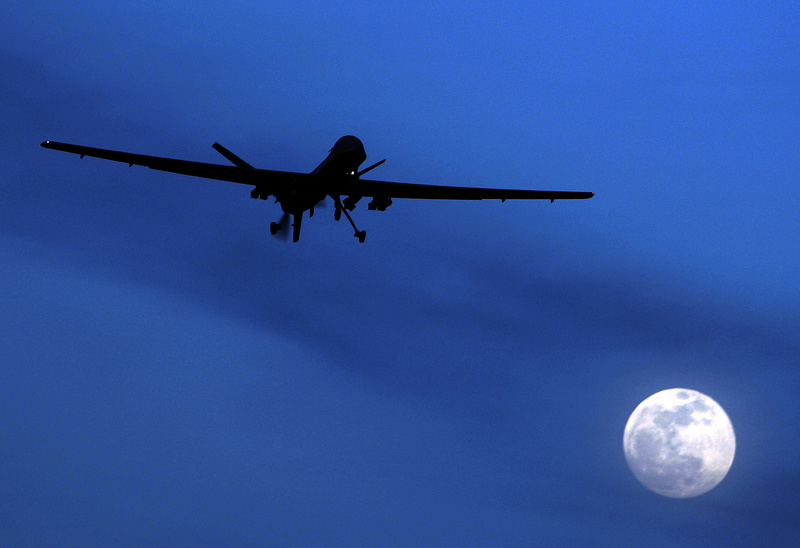The United States has been at war with a shadowy, elusive enemy for more than a decade. It is a war fought by an enemy that hides behind civilian populations. The terrorist group al-Qaida has been plotting further attacks ever since Sept. 11, 2001. It is only through the vigilance, courage and successful tactics of the men and women in the U.S. armed forces and intelligence services that those plots have been thwarted.
A key weapon in that fight has been the drone, a pilotless craft that can be sent against a very specific target and eliminate it without risk to U.S. forces. The drone again proved its value in this twilight struggle when, earlier this month, a drone strike killed al-Qaida’s No. 2 leader at a house in northern Pakistan.
Abu Yahya al-Libi was the sixth top al-Qaida leader killed in Pakistan and Yemen over the past year. That success has devastated the terrorist group and no doubt saved the lives of innocents. It is the best argument for continuing the drone attacks.
But the drone itself has come under attack, and its frequent use by the Obama administration has become controversial. Critics say it is responsible for the deaths of nearby civilians, that it creates more new enemies than it kills and that the attacks are targeted too broadly.
Those criticisms have some validity. There have been too many civilian deaths. Taking out a terrorist leader and his guards is one thing; targeting the funeral procession for that leader is quite another. While such an attack will kill more supporters of that leader, it is also likely to kill innocent civilians, including children.
The Obama administration, which has used drones far more extensively than its predecessor, also needs to address issues of rules of engagement and how much the president should be involved in the selection of targets. And an international debate leading to international rules on the use of drones is also warranted.
If it’s OK for use in other countries’ sovereign territory against terrorist groups, what about use against dissidents in other countries? Sometimes, one person’s terrorist is another person’s freedom fighter.
But while some changes in policy and more discussion are certainly warranted, the drones remain a most effective and precise weapon. Using other weapons would mean even more civilian and U.S. casualties. By all means, have the debate, but until al-Qaida is effectively destroyed, drones remain the best tool in the shed.
Send questions/comments to the editors.



Success. Please wait for the page to reload. If the page does not reload within 5 seconds, please refresh the page.
Enter your email and password to access comments.
Hi, to comment on stories you must . This profile is in addition to your subscription and website login.
Already have a commenting profile? .
Invalid username/password.
Please check your email to confirm and complete your registration.
Only subscribers are eligible to post comments. Please subscribe or login first for digital access. Here’s why.
Use the form below to reset your password. When you've submitted your account email, we will send an email with a reset code.